Dados do Trabalho
Título
ONCOTHERAD® IMMUNOTHERAPY ACTIVATES TOLL-LIKE RECEPTOR 4 SIGNALING PATHWAY AND INHIBITS NON-MUSCLE INVASIVE BLADDER CANCER PROGRESSION
Resumo
Introduction
The standard treatment for non-muscle-invasive bladder cancer (NMIBC) is transurethral resection of the tumor, followed by intravesical Bacillus Calmette-Guérin (BCG). However, up to 40% of patients will fail intravesical BCG therapy. Since NMIBC is sensitive to immunotherapy, immunomodulators that act as agonists of Toll-like receptors (TLRs) are considered promising candidates for the development of more effective treatments for NMBIC. A promising therapeutic perspective is represented by OncoTherad immunotherapy. OncoTherad is a nanostructured inorganic phosphate complex associated with glycosidic protein developed by the University of Campinas/Brazil, which exhibits immunomodulatory and antitumor properties.
Objective
This study detailed and characterized the therapeutic effects of OncoTherad® and its compounds (protein P14-16 and CFI-1) based on activation of Toll-Like Receptors (TLRs) 2 and 4 signaling pathways in an animal model of induced-NMIBC, as well as compared these effects with BCG treatment.
Methods
Thirty-six female C57Bl/6J mice were divided into 6 groups (n=6/group): Control, Cancer, Cancer+BCG, Cancer+OncoTherad® (MRB-CFI-1), Cancer+P14-16, and Cancer+CFI-1. Bladder cancer was chemically induced, and the treatments were followed for six consecutive weeks. Histopathological analyses were performed to evaluate the tumor progression comparing groups, such as immunohistochemical analyses of the TLRs signaling pathway (TLR2, TLR4, MyD88, IRF-3, IKK-α, NF-kB, TNF-α, TRIF, IFN-γ, IL-6).
Results
The animals treated with OncoTherad and its compounds (CFI-1 and P14-16 protein) exhibited an antitumor response. The components CFI-1 and protein P14-16, both promoted 50% of tumor progression inhibition (TPI). OncoTherad treatment showed better histopathological recovery of cancer state concerning its constituents and BCG, promoting 100% of TPI. Regarding the modulation of TLRs signaling pathway, OncoTherad and its components lead to distinct activation of TLRs 2 and 4-mediated innate immune system, resulting in increased interferons signaling pathway (TRIF-dependent pathway), which was more effective in the NMIBC treatment compared to BCG treatment.
Conclusions
Thus, OncoTherad immunotherapy could be considered an important therapeutic strategy for NMIBC, besides opens a new perspective for the treatment of BCG-refractory or relapsed patients.
Palavras Chave
Bladder cancer, Immunotherapy, OncoTherad, Nanotechnology.
Área
Câncer Bexiga
Instituições
Laboratório de Carcinogênese Urogenital e Imunoterapia (LCURGIM), Departamento de Biologia Estrutural e Funcional - Instituto de Biologia, Universidade Estadual de Campinas (UNICAMP) - São Paulo - Brasil
Autores
IANNY BRUM REIS, BIANCA RIBEIRO SOUZA-SASAKI, NELSON DURÁN, WAGNER JOSÉ FÁVARO


 Português
Português English
English